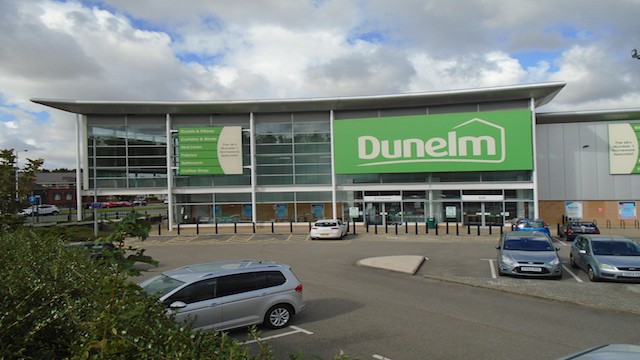Last month, inflation increased to 2.9% while the FTSE 100 continues to trade close to its all-time high. As such, it is becoming increasingly difficult for investors to obtain a real income return at a reasonable price. Looking ahead, inflation is set to rise yet further, and with the pound likely to weaken it would be unsurprising for share prices to move higher. With that in mind, now could be the right time to buy these two cheap income stocks.
Growth opportunity
Reporting on Wednesday was homewares retailer Dunelm (LSE: DNLM). Its performance in the most recent financial year was somewhat mixed and it proved to be a transitional period for the business. Although earnings were down by 7.8% at the EBITDA (earnings before interest, tax, depreciation and amortisation) level, this was because of the investment made in its recent acquisition of Worldstores.
Integration of the new business unit is said to be progressing well, according to the update. It’s expected to be the catalyst for rising online sales as the company seeks to stay relevant in an increasingly digital marketplace. On track to hit £2bn of sales in the long run (double the current level), Dunelm appears to offer a solid growth story.
With dividends rising by 3.6%, their rate of growth continues to beat inflation. So too does the current dividend yield of 3.8% and, with dividends being covered 1.8 times by profit, there appears to be significant scope for rising payouts in future. Furthermore, Dunelm trades on a price-to-earnings growth (PEG) ratio of 1.2. This suggests there is a wide margin of safety on offer and that even if the UK economy experiences a difficult period, the stock could offer upside potential.
Changing strategy
Also offering a mix of a high yield and low valuation is Marks & Spencer (LSE: MKS). The retail giant trades on a price-to-earnings (P/E) ratio of just 12, which suggests there is scope for an upward rerating. And with a dividend yield of 5.7% from a payout ratio of 67%, the company’s income potential appears to be strong.
Of course, Marks & Spencer has faced difficulties within its clothing division. Sales have disappointed for a number of years as cheaper and more relevant companies have eaten away at its sales over a sustained period. At the same time, the company’s food business is performing well even in difficult trading conditions. Therefore, the decision to pivot towards food appears to be a logical one, and could lead to improved financial performance in the long run.
As with Dunelm, Marks & Spencer faces an uncertain outlook, with higher inflation likely to have at least some damaging effect on consumer spending. However, with a sound strategy, low valuation, and high income potential it appears to be a strong buy for the long run.








